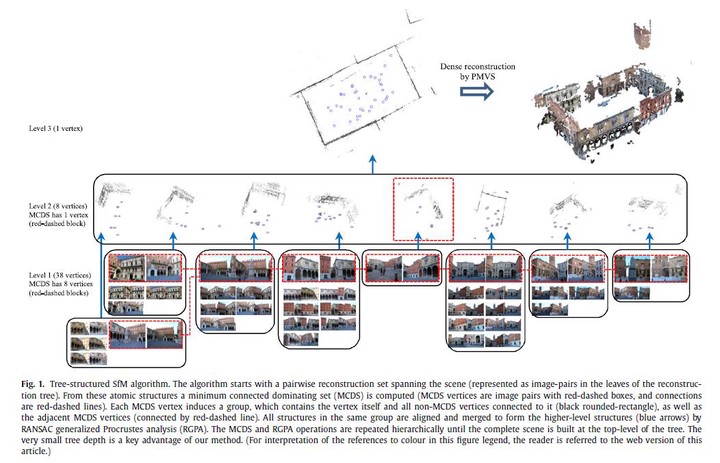Dictionary Learning with Structured Noise

Abstract
Recently, lots of dictionary learning methods have been proposed and successfully applied. However, many of them assume that the noise in data is drawn from Gaussian or Laplacian distribution and therefore they typically adopt the 2 or 1 norm to characterize these two kinds of noise, respectively. Since this assumption is inconsistent with the real cases, the performance of these methods is limited. In this paper, we propose a novel dictionary learning with structured noise (DLSN) method for handling noisy data. We decompose the original data into three parts: clean data, structured noise, and Gaussian noise, and then characterize them separately. We utilize the low-rank technique to preserve the inherent subspace structure of clean data. Instead of only using the predefined distribution to fit the real distribution of noise, we learn an adaptive dictionary to characterize structured noise and employ the 2 norm to depict Gaussian noise. Such a mechanism can characterize noise more precisely. We also prove that our proposed optimization method can converge to a critical point and the convergence rate is at least sublinear. Experimental results on the data clustering task demonstrate the effectiveness and robustness of our method.